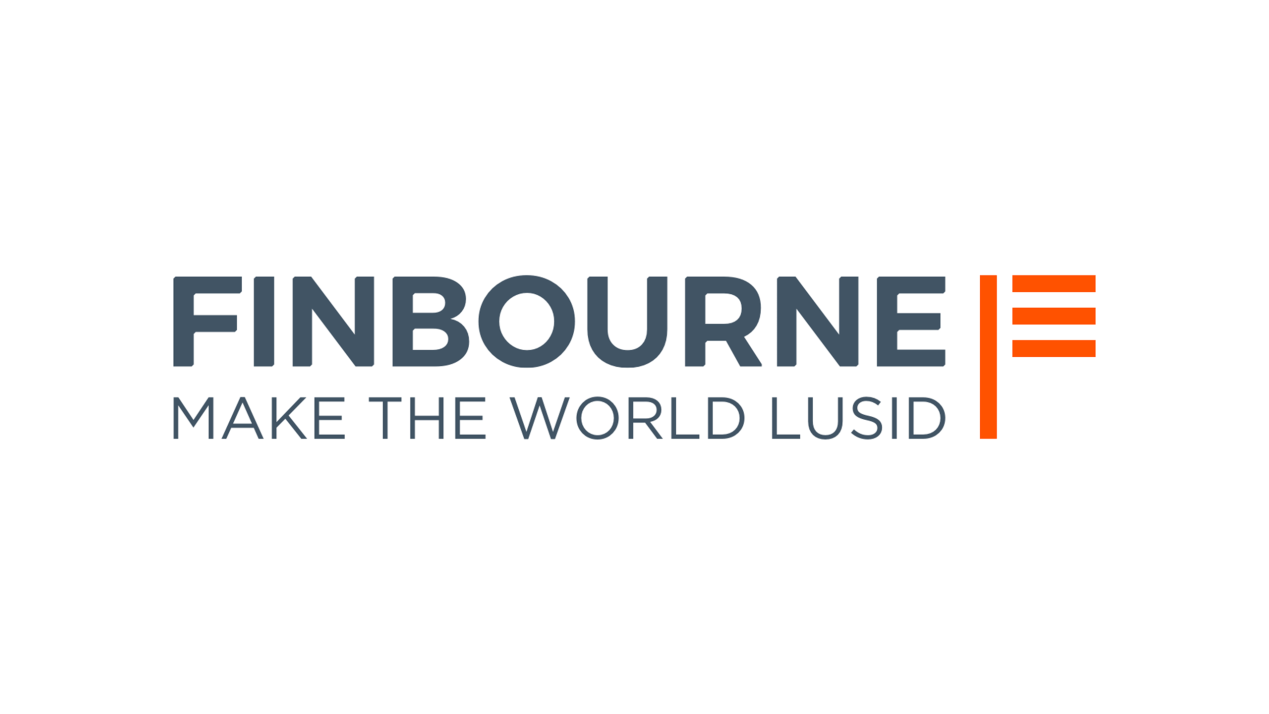
Why Skills-First Leadership Is Replacing the Ivy League Playbook in the C-Suite
The old prestige pyramid—where Ivy League degrees and blue-chip consulting backgrounds paved the way to the CEO seat—is cracking.

Finbourne, a London-based financial technology (FinTech) company, has secured a significant investment of $70 million. This funding round was co-led by Highland Europe and AVP, the venture capital arm of insurance giant AXA. The capital injection will propel the growth of Finbourne’s innovative platform, designed to empower financial institutions to unlock the hidden value residing within their vast reserves of financial data.
Financial institutions typically accumulate massive amounts of data related to transactions, client profiles, and market trends. However, a substantial portion of this data remains unutilized due to challenges in organization, accessibility, and analysis. Finbourne’s platform addresses this very issue. It provides financial institutions the tools and technology necessary to effectively organize their data, making it readily available for advanced analytics and artificial intelligence (AI) applications.
Finbourne’s platform can transform this previously underutilized data into valuable insights by leveraging AI and machine learning algorithms. These insights can optimize various financial processes, including risk management, fraud detection, and investment decision-making. Additionally, the platform facilitates the creation of more personalized financial products and services for individual customers.
The $70 million investment underscores the growing recognition of the transformative potential held by data analytics and AI within the financial services industry. Finbourne’s platform positions itself as a key player in this evolving landscape, enabling financial institutions to extract maximum value from their data and translate it into tangible business advantages. The company’s expansion plans, fueled by the recent funding, suggest its intention to become a prominent force in revolutionizing the way financial institutions manage and utilize their data.

The old prestige pyramid—where Ivy League degrees and blue-chip consulting backgrounds paved the way to the CEO seat—is cracking.

Loud leaders once ruled the boardroom. Charisma was currency. Big talk drove big valuations.

But the CEOs who make history in downturns aren’t the ones with the deepest cuts

Companies invest millions in leadership development, yet many of their best executives leave within a few years. Why?

The most successful business leaders don’t just identify gaps in the market; they anticipate future needs before anyone else.

With technological advancements, shifting consumer expectations, and global interconnectedness, the role of business leaders

Following a distinguished Law Enforcement career Joe McGee founded The Securitatem Group to provide contemporary global operational specialist security and specialist security training products and services for private clients, corporate organisations, and Government bodies. They deliver a wide range of services, including complete end-to-end protection packages, close protection, residential security, protection drivers, and online and physical installations. They provide covert and overt investigations and specialist surveillance services with a Broad range of weapons and tactical-based training, including conflict management, risk and threat management, tactical training, tactical medicine, and command and control training.

Jay Wright, CEO and Co-Owner of Virgin Wines infectious energy, enthusiasm, passion and drive has been instrumental in creating an environment that encourages talent to thrive and a culture that puts the customer at the very heart of every decision-making process.

Fabio de Concilio is the visionary CEO & Chairman of the Board at Farmacosmo, a leading organization dedicated to mental health and community support services. With a deep commitment to identifying and meeting customer needs, Fabio ensures that high standards are maintained across the board.

Character Determines Destiny – so said Aristotle. And David CM Carter believes that more than anything else. For David, it has been numerous years of research into codifying Entelechy Academy’s 54 character qualities that underpin everything he stands for as a leader and teacher.


Leave us a message
Subscribe
Fill the form our team will contact you
Advertise with us
Fill the form our team will contact you